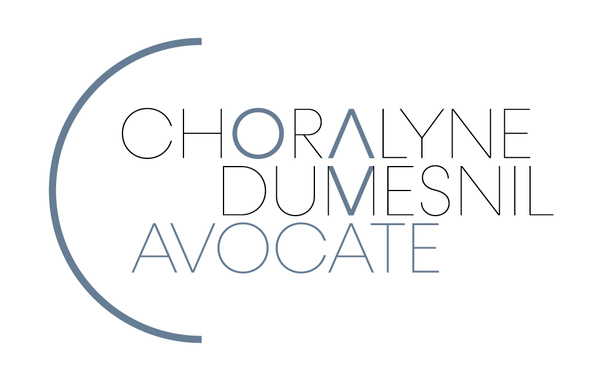Discovery
Thediscovery procedure in American civil law is described in Rule 26 of the FederalRules of Civil Procedures. Each state of the Union has enacted its own rules.
In general, the spirit of the discovery procedure is: that all information which is not privileged and which is relevant to a claim and proportionate to the needs of the case should be disclosed voluntarily by the parties in accordance with a schedule established by the judge.
Parties can use several tools to communicate information such as: depositions (oral), interrogations (written), requests for production of documents, physical and mental examinations (provided they are justified), requests for admissions.
Failure to comply with these provisions may result in sanctions, up to a default judgment against the non complying party.
While parties in France obviously exchange documents in support of their claims, this procedure does not exist. However, parties in France may be required to disclose information in discovery proceedings at the initiative of a judge or parties in the US.
The French blocking statute
Since 1968, a French law has made it possible to oppose certain requests. The law in question is Law No. 68-678 of 26 July 1968 on the communication of economic, commercial, industrial, financial or technical documents and information to foreigners or companies, as amended by Law 80-538 1980-07-16 of 17 July 1980.
Article 1 restricts the opposition to the following persons:
Subject to international treaties or agreements, it is forbidden for any person of French nationality or habitually resident on French territory and for any director, representative, agent or servant of a company which has its registered office or an establishment in France to communicate in writing, orally or in any other form, in any place whatsoever, to foreign public authorities,
and the following information:
documents or information of an economic, commercial, industrial, financial or technical nature, the communication of which is likely to affect the sovereignty, security, essential economic interests of France or public order, specified by the administrative authority as necessary.
Thescope of the next article, Article 1bis, is even broader:
Subject to international treaties or agreements and applicable laws and regulations,
It is prohibited for any person to request, seek or communicate, in writing, orally or in any other form, documents or information of an economic, commercial, industrial, financial or technical nature intended to constitute evidence for or in connection with foreign judicial or administrative proceedings.
Those who receive an application must inform the competent minister (Article 2).
It should be noted that these provisions are sanctioned by the criminal code of the following sanction: 6 months' imprisonment and/or a fine of 18,000 euros (Article 3).
Scope
Reference to this text is made in article 3 of the Sapin II Law (Law n°2016-1691 of 9 December 2016 on transparency, the fight against corruption and the modernisation of economic life). These provisions seem to be designed for economic, commercial, industrial, financial or technical cases.
Yet, the wording could also allow for its use in family matters, in particular with regard to the financial interests of one of the parties.
Consideration should always be given to the application of the provisions of the Hague Convention (18 March 1970 on the Taking of Evidence Abroad in Civil or Commercial Matters).
Each case must be examined to assess the application and mandatory nature of these procedures.
Do you have any questions on this subject? Please, contact The firm
